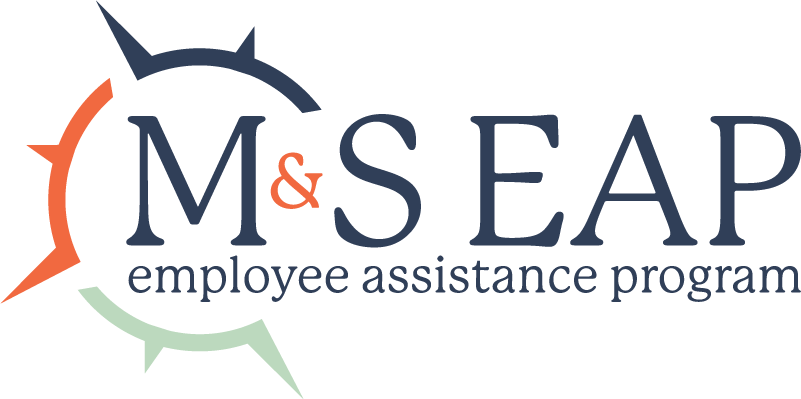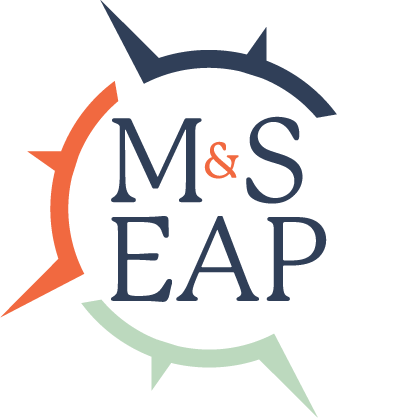Will Going to Rehab Hurt My Job Prospects?

It often feels like substance use issues are non-existent in the workplace. Even if you have heard of individuals who struggle with an addiction, it may feel like a distant concern, one you’ll address when it causes real issues.
In reality, it’s likely that someone (more likely several people) in your office is currently facing untreated substance use disorders. Because drinking and using drugs are traditionally a taboo topics in the workplace (and can result in consequences like losing a job or a promotion), it’s a common sentiment to ignore the problem until it can’t be ignored.
However, substance use is a growing concern, and the United States Department of Health estimates that around 23 million adults have struggled with drug or alcohol use, and nearly ten percent of American adults have dealt with a diagnosable drug use disorder at some point.
Work and substance use
Substance use can affect any person at any time. Stereotypes suggest that only unemployed individuals suffer from addiction. In fact, many professionals are affected by alcohol and drug use disorders, too. These individuals may know the extent of their addiction and desire treatment, but backlash at work can be a deterrent to much-needed care.
Employees who require treatment for substance use may face several obstacles to treatment. First, employees may worry about judgment from coworkers and superiors within the company. They may fear the social consequences of being ostracized or the discomfort of having others aware of their personal matters.
Moreover, employees are likely to fear retaliation from employers. Many of those with substance use disorders wonder at some point “can you be fired for going to rehab?” “Can you work while in rehab?” and “how will I support myself and my family if I am fired for attending treatment?” Sadly, many individuals forgo essential treatment and remain in addiction to avoid losing a job.
Handling a substance use disorder without jeopardizing your career is a tricky line to walk. Hopefully, these answers will soothe your mind and encourage you to take a step toward recovery and freedom.
Can you be fired for going to rehab?
Employees should not let the fear of being fired keep them from getting the help they need to recover from addiction. There are certain legal acts that offer protection to employees against being fired for seeking addiction treatment services.
The Family and Medical Leave Act (FMLA) gives you legal protection if you take a leave of absence from work for medical reasons. It further provides you with up to 12 weeks of unpaid time off from work without threatening the security of your job.
The Americans with Disabilities Act (ADA) is a legal act that bars discrimination against disabled employees. Under ADA, chemical dependency is considered a disability. If you are found seeking voluntary treatment for a drug or alcohol addiction, you can’t be let go from your job. Disability, in this case, does not include people who currently use illegal drugs.
Be sure to familiarize yourself with the conditions and provisions of the ADA if you are an employee seeking drug or alcohol treatment.
So the short answer to the question “can you be fired for going to rehab?” is “no.” There are protections in place to support those who are seeking treatment. However, it’s important to note that these protections do not excuse employees from drug or withdrawal-related behaviors. Showing up to work intoxicated, lashing out at coworkers due to withdrawal symptoms or lying about substance use are all still fire-able offenses.
Can you work while in rehab?
When discussing substance use treatment options, there is a clear distinction to make that can help answer the question “can you work while in rehab?” Generally, services are divided into two categories: inpatient and outpatient. Inpatient services are residential, meaning those who participate are required to stay in a facility for the duration of treatment in order to have access to medical and mental health care and supervision.
Outpatient treatment is less intense, but more flexible and is designed for individuals who need less drastic intervention. Outpatient treatment is non-residential. Those in outpatient treatment can resume normal living (work, school or family time) while still partaking in treatment in the evenings or on weekends.
If you are desiring to continue to work while in rehab, you’ll first need to collaborate with a professional to determine the level of care that can help you overcome a substance use disorder. It’s common for inpatient care to be necessary during the withdrawal period (a few days up to two weeks), and then to continue into outpatient treatment. Outpatient treatment is generally compatible with a workweek schedule, but a short hiatus may be necessary to overcome withdrawal.
How to go to rehab without losing your job
Whether you are an employee or employer, access to treatment without judgment and career consequences is a key piece of recovery. One of the biggest fears of those with substance use issues is that they’ll be fired for attending rehab. While substance-related behaviors can receive appropriate consequences, the act of attending rehab itself cannot.
If you’re wondering how to go to rehab without losing your job, your best bet is to access your company’s employee assistance program or EAP. An EAP offers services to employees and their immediate family members who are facing a variety of challenges, both personal and professional. An EAP is an investment a company makes in the well-being of its employees, so services can be offered free of charge or at a reduced cost.
An EAP connects employees and their families to qualified professionals who are trained to address a variety of concerns. These programs can help employees resolve issues so they aren’t carried over into the workplace, and substance use disorder treatment is perhaps the most commonly sought service through EAPs.
If you are struggling with drug or alcohol addiction, your company’s EAP can put you in touch with qualified treatment providers within your benefits program. Specific programs and treatment methods for addiction will depend on individual needs and preferences and will be determined through an assessment. A professional through your company’s EAP may find that inpatient or outpatient care is more appropriate and will help you get set up with the best care for you.
It’s important to note that an EAP is not a company’s human resource department, and is staffed by individuals who do not work for your company.
Will My Employer Know I’m Seeking Treatment?
Voluntary participation in EAP is designed to be confidential. You don’t need to worry about your colleagues or managers finding out about the treatment you are seeking if you have self-referred.
If you are referred to EAP services by your employer, however, they may receive feedback regarding your attendance and confirmation that you have completed the necessary treatment program. Testing positive during an employee drug screening is a common example of when an employer might refer their team member to EAP counseling.
Get Help from Mazzitti & Sullivan EAP
Though employee assistance programs are not limited to substance use treatment services, they are an excellent resource for workers who are ready to begin their recovery. Mazzitti & Sullivan EAP provides confidential services trusted by employees across the country to address a multitude of substance use concerns. Speak with one of our benefits specialists to learn more.



